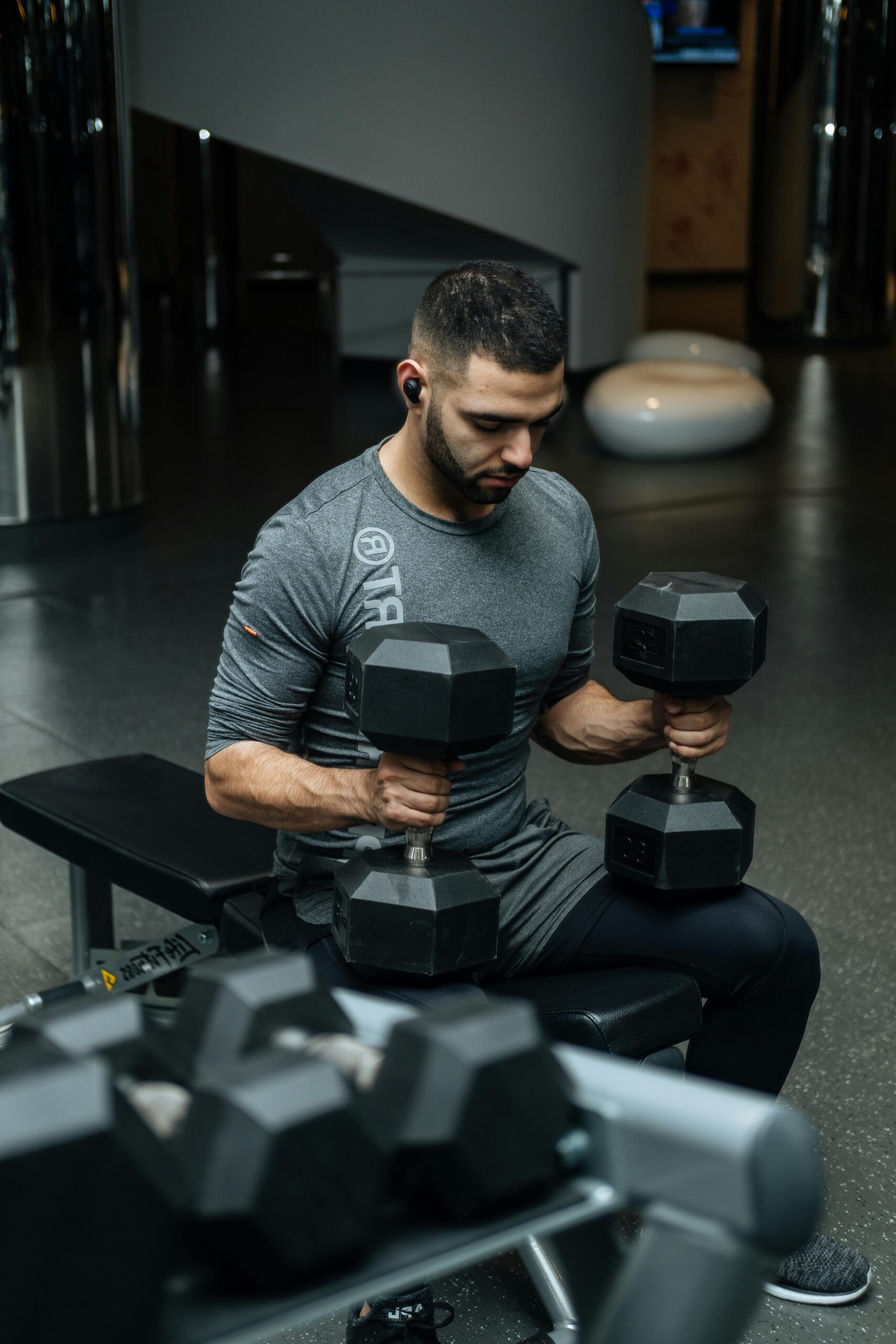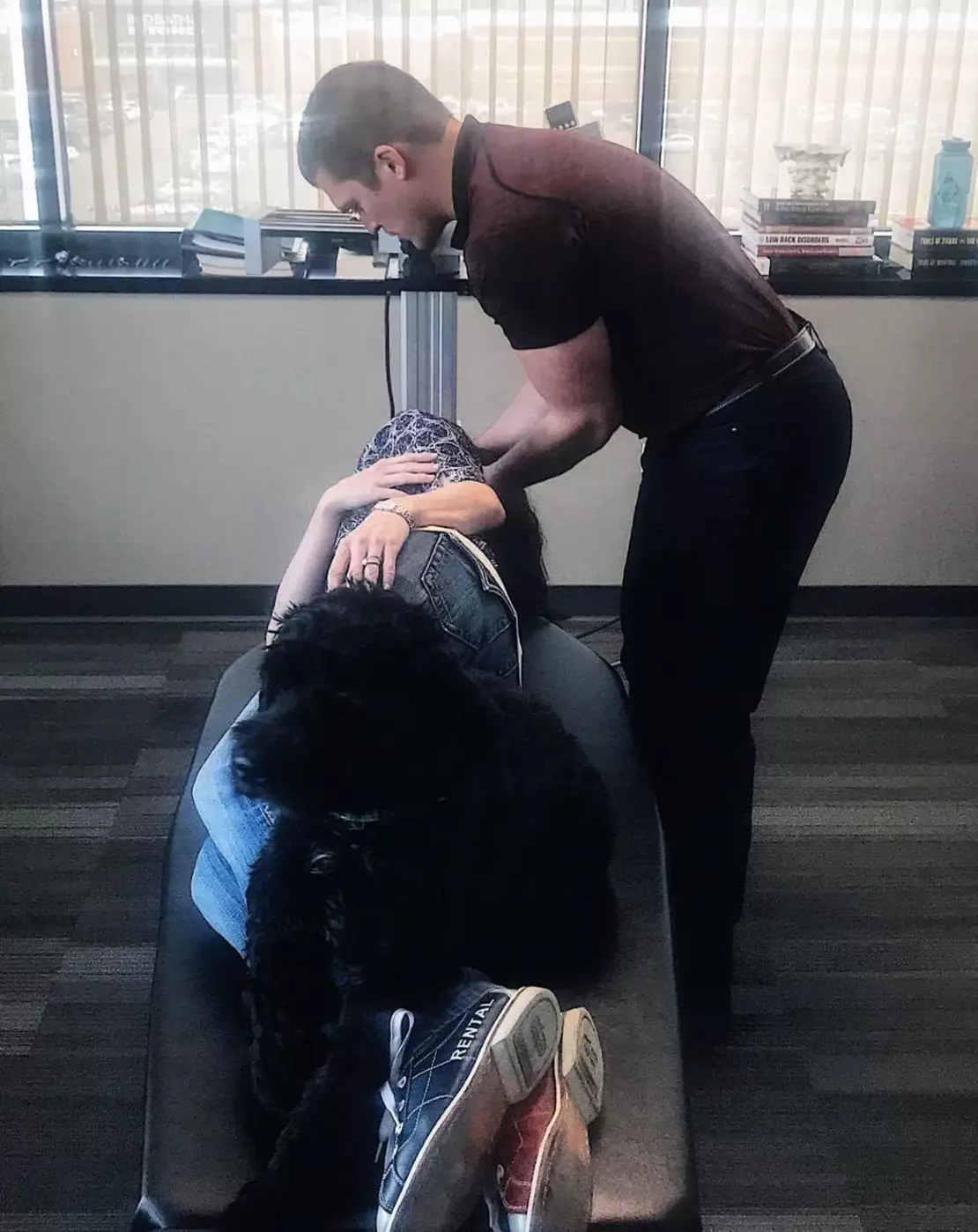Concussion Recovery: Average Times & How to Speed It Up
Exploring the Unique Causes of Headaches in Denver and How Chiropractic Care Provides Relief
Concussion recovery is the process of healing after a head injury.
Most symptoms of concussion go away within 7-10 days. Most people recover from a concussion in about a month, but there are factors that can speed it up or slow it down.
For instance, one way to improve concussion symptoms is chiropractic care. One way to worsen your symptoms is high-intensity exercise before you’re ready.
Concussion recovery is especially important to sports medicine, as such a high percentage of contact sports athletes suffer repeated concussions. Almost 4 million concussions occur every year because of sports and recreational activities, and between 30% and 50% go unreported.
Concussion Definition & Symptoms
What is a concussion? A concussion is an injury to your brain caused by the brain impacting the inside of your skull. Also called a mild traumatic brain injury (TBI), concussions usually occur because of a direct hit to the head or because of whiplash.
What is post-concussion syndrome? Post-concussion syndrome is a condition in which concussion symptoms persist for more than 6 weeks.
Also called post-concussive syndrome, this condition is rare after a single concussion. With each concurrent concussion, however, developing post-concussion syndrome is more likely.
What should you do after a concussion? After a suspected concussion, go to the emergency room. A doctor must diagnose a concussion and prescribe the proper treatment for optimal concussion recovery. Mental and physical rest are the two most common recommendations.
The most common symptoms of a concussion are:
- Headache
- Blurred vision
- Dizziness, balance issues
- Mood changes
- Difficulty concentrating
- Ringing in the ears (tinnitus)
- Sensitivity to light (photophobia)
- Sensitivity to sounds (phonophobia)
- Seeing spots
- Nausea and/or vomiting
- Fatigue
- Sleep disturbances
- Loss of consciousness
Concussion Recovery Time
Concussion recovery time varies from person to person. Some people recover from mild traumatic brain injuries within a couple of weeks. In the worst cases, concussion symptoms can last for years. Most concussions resolve within a month.
How long does it take to recover from a mild concussion? The average recovery time after a concussion has been estimated to be between 16 and 29 days. Most people recover in 2-4 weeks. An estimated 20% of people need more than 6 weeks to recover from persistent symptoms of concussion.
Can you fully recover from a concussion? Most people who suffer a concussion can expect to fully recover within 4 weeks. Rarely, severe concussions from an extremely traumatic injury or repeated concussions over time can cause permanent damage.
Factors That May Slow Recovery Time
These are the factors that may slow your recovery time after a concussion:
- The severity of the initial injury
- Trying to do too much, too soon
- Pre-existing neurological issues
- Stress
- Older age
- History of concussions
How to Speed Concussion Recovery
There are several science-backed methods to speed up concussion recovery.
How do you treat a concussion at home? You treat a concussion at home with mental and physical rest, but only for a few days. After that initial rest period, slowly start to reintroduce normal activity. No one should be alone for the first 48 hours of concussion recovery.
Talk to a healthcare professional before treating your concussion at home.
Physical rest in which you avoid anything beyond very light physical activity is a must for early concussion recovery.
Most of your normal daily activities may need to be put on pause for a few days.
Avoid these normal daily activities:
- Household chores
- Grocery shopping
- Exercising
- Athletic activities
- Swimming
- Working on the car
- Riding in an airplane
- Dishes
- Lifting heavy objects
If you must buy groceries or go out on errands, bring a friend or family member. Driving with post concussion syndrome may be dangerous for some moderate to severe cases.
After a few days of rest, slowly increase your activity level and observe whether or not your activity triggers concussion symptoms. If not, you’re recovering!
Stay hydrated as you increase your activity levels.
If you don’t feel better after a week of physical rest, talk to your healthcare provider about approaching your recovery process in a new way.


Mental rest helps the brain to recover after a concussion by reducing eye strain and mental stress.
Mentally stimulating activities that should be avoided include:
- Driving
- Watching television
- Video games
- Talking on or looking at your phone
- Loud music
- Reading a book
Generally, activities that require extended periods of focus for your eyes may strain your visual system and exacerbate symptoms.
You’ll notice that even watching television should be avoided immediately after a concussion. Less screen time means better sleep — plus, it helps you avoid light sensitivity.
Some providers will recommend picking television or your phone back up after the first few days of recovery. However, this may cause flare-ups and slow concussion recovery. Some post-concussion syndrome patients struggle for months to look at screens without developing symptoms.
For the first couple of days, your eyes will probably be sensitive to light. You may want to lie down in a dark room. This is fine for a couple of days, but should not be your daily routine for more than 2-3 days.
Part of mental rest is a good night’s sleep — aim for 7-8 hours. For the first few days, feel free to take naps throughout the day as necessary. Slowly, phase out napping to return to normal mental activity.
Low-impact, non-contact aerobic exercise may aid in concussion recovery.
Exercise is typically avoided, so as not to trigger concussion symptoms. But research shows that exercise is actually a promising therapy for concussion therapy. The key is to start with very light exercise and increase your intensity gradually over time.
Animal studies indicate that exercise benefits patients who suffer from prolonged symptoms of concussion.
Other studies reveal that exercise may encourage neuron growth and decrease cell death in the brain of concussion victims.
Do not drink alcohol within two weeks of suffering a concussion.
Even a small amount of alcohol after a concussion can greatly impair your judgment, increasing risk of falling and further head injuries. Drinking alcohol can also increase risk of depression , a symptom of long-term concussion recovery.
Alcohol may trigger neuroinflammation that directly impairs your concussion recovery.
As a side note, alcohol consumption is also a significant risk factor for getting a concussion in general.


Upper cervical chiropractic care may help with concussion recovery. This is due to the link between concussion symptoms and problems in your upper spine and neck.
Concussion symptoms can be caused by a misalignment in your upper cervical spine. The atlas and/or the axis surround the brain stem. When one or both of these vertebrae are misaligned, chiropractic care is required to put them back in alignment.
Upper cervical misalignment may cause post-injury headaches , but chiropractic care can improve headaches, as well as concussion symptoms in general.
At Denver Upper Cervical Care, we believe in treating the root cause, not the symptoms. Concussion symptoms are often caused by spinal misalignment.
If you suffered a recent concussion, click here to make an appointment with us. Chiropractic care improves concussion recovery. Our patients prove it.
40% of post-concussion syndrome patients are prescribed some sort of psychological treatment after their concussion. Psychological treatment, such as psychotherapy and behavioral therapy, promotes neurorehabilitation in concussion patients.
A part of psychological treatment should be educating the patient. Knowing what to expect from concussion symptoms, what symptoms are normal vs. which ones are not, and how to deal with concussion symptoms seems to reduce concussion symptoms faster, even in children.
Journals are common psychological exercises. Keeping a memory journal or symptom journal are simple ways to keep track of your progress, exercising your mind without straining it.
No medication will cure you of having a concussion, but some medications are helpful in relieving concussion symptoms. This does not necessarily mean your concussion recovery is faster, but the healing process might be easier for you to handle.
Depending on your symptoms, a doctor may prescribe you with:
- Painkillers for headache
- Antidepressants for depression
- Antiemetics for vomiting
However, always check the adverse side effects of pharmaceuticals. The side effects may not be worth the relief.
For natural pain relief, try:
- Lavender oil
- Peppermint oil
- Ginger
- Garlic
- Curcumin (the main component of turmeric)
- Feverfew (an herb)

When to Call a Doctor After Concussion
First off, see a doctor immediately after your head injury. The doctor will be able to tell you if you have a mild concussion, something less serious, or something worse.
During your recovery process, call a doctor right away if:
- You lose consciousness (even briefly)
- You experience amnesia (memory loss)
- You experience a seizure
- You are vomiting
- Your headache won’t go away
Seeking immediate medical care after these symptoms ensures your concussion symptoms don’t worsen.
Don’t feel bad about going to the emergency room. The Centers for Disease Control and Prevention (CDC) estimates almost 3 million people go to the emergency room for concussions every year.
A doctor is able to order an MRI (magnetic resonance imaging) or CT scan (computerized tomography) to better assess your head injury and recovery process.
Looking to the Future
Full recovery takes time. After a concussion, some people need to allow more than 6 weeks to pass for the healing process to complete.
However, most can return to work or school after a month.
Patience is important to the recovery process. With patience and determination — and a little chiropractic work — you should make a strong recovery!
Sources:
- Meehan III, W. P., Mannix, R. C., O’Brien, M. J., & Collins, M. W. (2013). The prevalence of undiagnosed concussions in athletes. Clinical journal of sport medicine: official journal of the Canadian Academy of Sport Medicine , 23 (5), 339. Full text: https://www.ncbi.nlm.nih.gov/pmc/articles/PMC3758800/
- Register-Mihalik, J. K., Guskiewicz, K. M., McLeod, T. C. V., Linnan, L. A., Mueller, F. O., & Marshall, S. W. (2013). Knowledge, attitude, and concussion-reporting behaviors among high school athletes: a preliminary study. Journal of athletic training , 48 (5), 645-653. Full text: https://www.ncbi.nlm.nih.gov/pmc/articles/PMC3784366/
- Ferry, B., & DeCastro, A. (2019). Concussion. Full text: https://www.ncbi.nlm.nih.gov/books/NBK537017/
- McLeod, T. C. V., Lewis, J. H., Whelihan, K., & Bacon, C. E. W. (2017). Rest and return to activity after sport-related concussion: a systematic review of the literature. Journal of athletic training , 52 (3), 262-287. Full text: https://www.ncbi.nlm.nih.gov/pmc/articles/PMC5384824/
- D’Lauro, C., Johnson, B. R., McGinty, G., Allred, C. D., Campbell, D. E., & Jackson, J. C. (2018). Reconsidering return-to-play times: a broader perspective on concussion recovery. Orthopaedic journal of sports medicine , 6 (3), 2325967118760854. Full text: https://www.ncbi.nlm.nih.gov/pmc/articles/PMC5858632/
- Graham, R., Rivara, F. P., Ford, M. A., & Mason Spicer, C. (2013). Treatment and management of prolonged symptoms and post-concussion syndrome. Sports-related concussions in youth: Improving the science, changing the culture. Institute of Medicine of the National Academies, The National Academies Press, Washington, DC. Full text: https://www.ncbi.nlm.nih.gov/books/NBK185342/
- Carro, E., Trejo, J. L., Busiguina, S., & Torres-Aleman, I. (2001). Circulating insulin-like growth factor I mediates the protective effects of physical exercise against brain insults of different etiology and anatomy. Journal of Neuroscience , 21 (15), 5678-5684. Full text: https://www.ncbi.nlm.nih.gov/pmc/articles/PMC6762673/
- Boden, J. M., & Fergusson, D. M. (2011). Alcohol and depression. Addiction , 106 (5), 906-914. Abstract: https://pubmed.ncbi.nlm.nih.gov/21382111/
- Teng, S. X., Katz, P. S., Maxi, J. K., Mayeux, J. P., Gilpin, N. W., & Molina, P. E. (2015). Alcohol exposure after mild focal traumatic brain injury impairs neurological recovery and exacerbates localized neuroinflammation. Brain, behavior, and immunity , 45 , 145-156. Full text: https://www.ncbi.nlm.nih.gov/pmc/articles/PMC4342330/
- Alcock, B., Gallant, C., & Good, D. (2018). The relationship between concussion and alcohol consumption among university athletes. Addictive behaviors reports , 7 , 58-64. Full text: https://www.ncbi.nlm.nih.gov/pmc/articles/PMC5910453/
- Morin, M., Langevin, P., & Fait, P. (2016). Cervical spine involvement in mild traumatic brain injury: a review. Journal of Sports Medicine , 2016. Full text: https://www.ncbi.nlm.nih.gov/pmc/articles/PMC4977400/
- Marshall, C. M., Vernon, H., Leddy, J. J., & Baldwin, B. A. (2015). The role of the cervical spine in post-concussion syndrome. The Physician and sportsmedicine , 43 (3), 274-284. Full text: https://www.summit-therapy.com/forms/concussion-rehab/Role_of_the_Cervical_Spine.pdf
- Mittenberg, W., Canyock, E. M., Condit, D., & Patton, C. (2001). Treatment of post-concussion syndrome following mild head injury. Journal of clinical and experimental neuropsychology, 23 (6), 829-836. Full text: https://www.researchgate.net/profile/Elizabeth_Morgan4/publication/11452954_Treatment_of_Post-Concussion_Syndrome_Following_Mild_Head_Injury/links/59a6eae3aca272895c16982e/Treatment-of-Post-Concussion-Syndrome-Following-Mild-Head-Injury.pdf
- Prince, C., & Bruhns, M. E. (2017). Evaluation and treatment of mild traumatic brain injury: the role of neuropsychology. Brain sciences, 7 (8), 105. Full text: https://www.ncbi.nlm.nih.gov/pmc/articles/PMC5575625/
- Weight, D. G. (1998). Minor head trauma. Psychiatric Clinics of North America, 21 (3), 609-624. Full text: https://www.sciencedirect.com/science/article/abs/pii/S0193953X05700265?via%3Dihub
- Schnadower, D., Vazquez, H., Lee, J., Dayan, P., & Roskind, C. G. (2007). Controversies in the evaluation and management of minor blunt head trauma in children. Current opinion in pediatrics, 19 (3), 258-264. Full text: https://pdfs.semanticscholar.org/d6e3/cd1b6d0811f9badf7612e1e34815b2df8f03.pdf
The post Concussion Recovery: Average Times & How to Speed It Up appeared first on Denver Upper Cervical Chiropractic.
© 2026 Denver Upper Cervical Chiropractic

